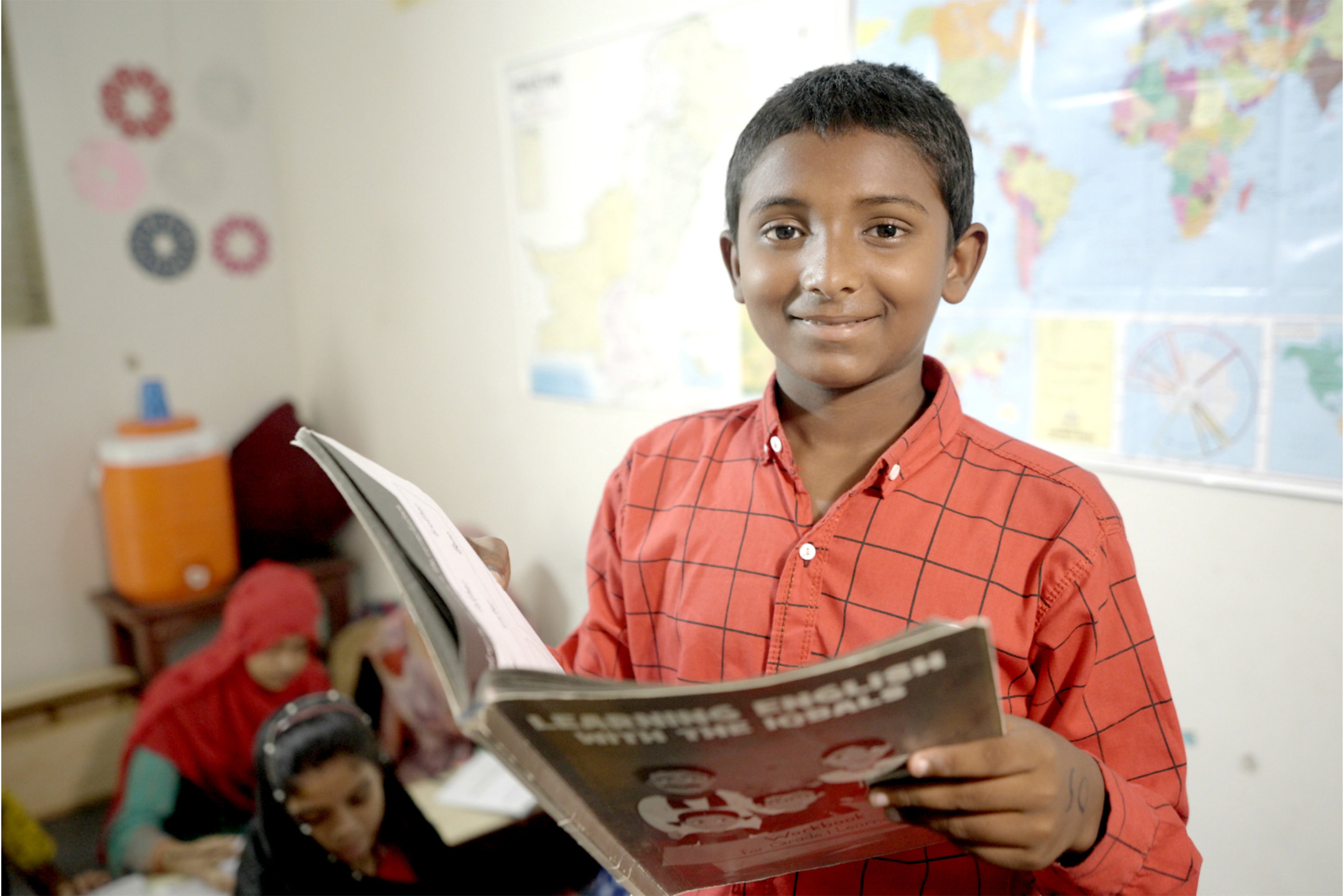
30 Apr From Laptop to Lifeline: One Man’s Vision Giving Kids a Chance at School
Simple schoolhouses, big dreams – how a dad-to-be’s PhD project is transforming childhoods around the world
When Faisal Bin Badar started his PhD at Charles Darwin University, he had one goal in mind: to help children in Pakistan access a better education. What he didn’t expect was that his idea would grow into a global movement, changing the lives of thousands of families across continents.
Today, before even finishing his doctorate, Mr Badar has helped set up 15 small schools in Pakistan and Tanzania. And with plans underway to expand into India, Bangladesh, Sri Lanka, Malaysia, Indonesia, the Philippines, Pacific Islands, Kenya, and Ghana, his one-room digital school model is proving that big change doesn’t always need big budgets.
A World Where Every Child Gets a Go
In Pakistan alone, more than 20 million children aren’t enrolled in school. Mr Badar’s research found four key reasons behind this heartbreaking statistic: high infrastructure costs, a shortage of teachers in rural areas, cultural attitudes towards education, and a lack of oversight.
But instead of giving up, he built a solution – literally.
In 2019, he launched the EDvantage Digital Learning System (EDLS), a clever blend of low-tech and high-impact. Using a single laptop, camera, monitor and internet connection, each classroom operates from a local community hub and connects students to teachers from across the globe. It’s called the DOORS model – Digitally Operated One-Room Schoolhouses.
“Kids learn core subjects like maths, English and local languages from a community facilitator, while experts can join virtually to teach science or coding,” Mr Badar said. “It’s cost-effective, scalable and adaptable – and it meets children where they are.”
When Going to School Means Skipping a Shift at Work
One of the biggest challenges Mr Badar and his team face is balancing education with survival. Many children, especially in poorer regions, have jobs – not by choice, but by necessity.
“One boy we met worked in a shoe factory, and his wage was his family’s only income,” Mr Badar recalled. “We spoke with his employer and adjusted his schedule so he could attend school in the mornings and still work in the afternoons.”
These practical compromises are key to the program’s success. They don’t just give children a seat in a classroom – they give families hope without asking them to sacrifice their livelihoods.
Schools Run by Locals, Not Outsiders
Each DOORS school is managed by a trained local facilitator and administrator, fostering trust and keeping the community at the heart of the project.
“This started as academic research,” Mr Badar said, “but it’s grown into something so much more meaningful – it’s about dignity, opportunity and empowering every child to dream bigger.”
From the Outback to Outposts Abroad: An Aussie Education Model Abroad
Mr Badar’s work contributes to the United Nations’ Sustainable Development Goal 4: Quality Education. But what makes his approach truly special is its simplicity and sustainability – a model that parents anywhere in the world can appreciate.
“Every child deserves the same shot at learning, whether they’re in Darwin or Dhaka,” Mr Badar said.



